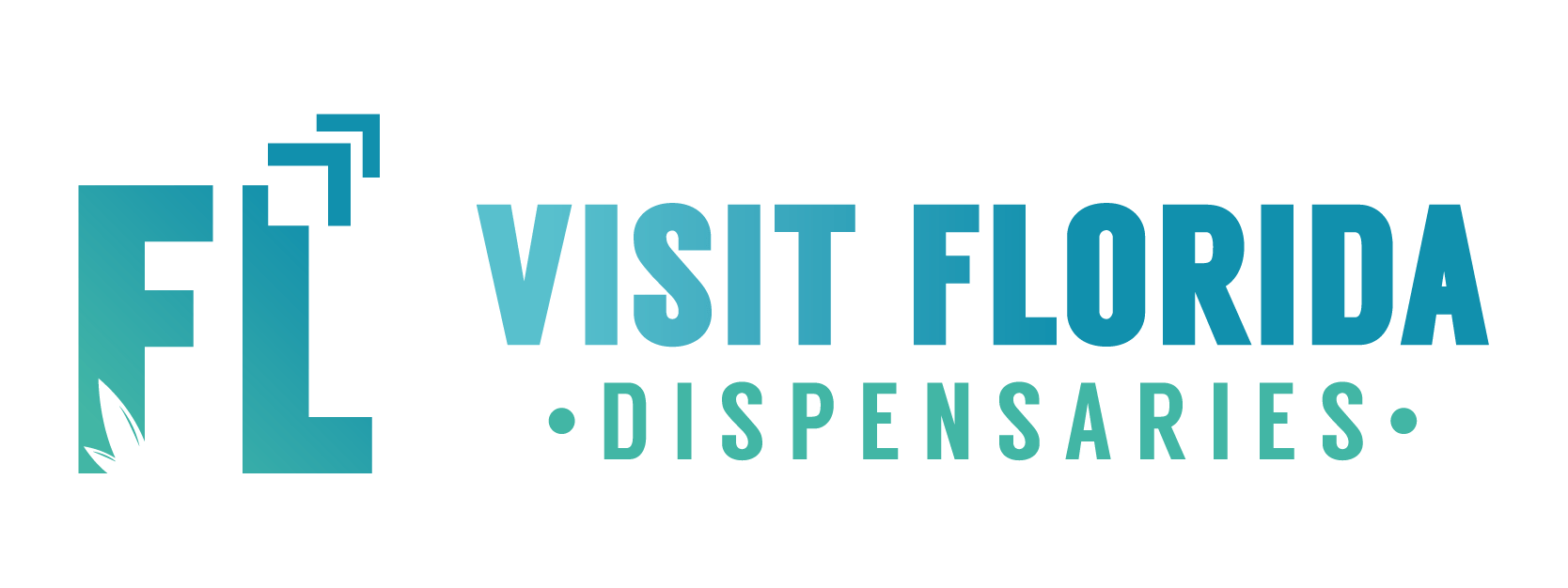Florida legislators are advancing Senate Bill 438 (SB 438), a proposed law aimed at increasing restrictions on hemp-based products across the state. This proposal has ignited discussions among business owners, public health experts, and consumers, as many weigh the potential consequences of the changes.
Background of the Bill
Senator Colleen Burton (R-Polk County) introduced SB 438 to address growing concerns over hemp-derived products, especially those containing psychoactive compounds such as delta-8 THC. The bill follows a previous attempt at similar regulations, which was ultimately vetoed by Governor Ron DeSantis due to concerns about the financial impact on small businesses.
Key Changes Under SB 438
If passed, the legislation would enforce several new restrictions on the hemp industry in Florida:
- THC Limits: The bill proposes capping delta-9 THC levels in hemp products at 5 milligrams per serving and a maximum of 50 milligrams per package. Additionally, hemp-infused beverages would be limited to 5 milligrams of THC per can or bottle.
- Ban on Delta-8 THC and Other Synthetics: The sale and distribution of delta-8 THC and other synthetic cannabinoids would be completely outlawed due to concerns over their psychoactive properties and the lack of oversight in production.
- Retail Sales Restrictions: The bill would restrict the sale of hemp-based products to locations that already have licenses to sell alcohol, meaning non-alcoholic retail shops would no longer be allowed to sell THC-infused drinks.
- Advertising and Product Display Rules: Businesses would be barred from displaying advertisements for hemp products in publicly visible areas such as sidewalks, streets, or parks. Additionally, hemp products—aside from beverages—would need to be kept in a locked display case or a restricted area accessible only to employees.
- Event Regulations: The legislation would prohibit organizers from promoting or selling non-compliant hemp products at public events.
- Mandatory Lab Testing: All hemp extracts sold in Florida would be required to undergo testing at a certified marijuana testing facility to ensure they meet the proposed guidelines.
Reactions from the Industry
Many in the hemp and cannabis industry have voiced their opposition to SB 438, warning that the proposed rules could significantly impact small businesses and restrict consumer choices.
Owners Michael and Caitlyn Smith of Herban Flow in St. Petersburg have raised concerns that requiring non-alcoholic businesses to obtain liquor licenses in order to sell hemp-infused beverages conflicts with their business model and could force many retailers to stop carrying these products altogether.
However, some industry figures support the new regulations. Jared Ross of the Florida Beer Wholesalers Association pointed out that many distributors already sell hemp-infused beverages and believe the bill’s restrictions would help bring these products in line with alcohol safety standards.
Public Health and Consumer Safety Concerns
Advocates of SB 438 argue that tighter restrictions on hemp products are necessary to protect public health. The increasing popularity of hemp-derived THC products, particularly those that have psychoactive effects, has raised concerns about unregulated sales and potential risks to minors.
The U.S. Food and Drug Administration (FDA) has previously issued warnings about delta-8 THC, cautioning that there is limited research on its effects and that some products may contain harmful contaminants due to a lack of oversight. Supporters of the bill believe that these stricter regulations would help ensure consumer safety and proper quality control.
What’s Next?
As SB 438 moves through the Florida Legislature, it is expected to face further debate and possible revisions before a final decision is reached. Stakeholders—including business owners, health officials, and consumer advocacy groups—will have the opportunity to present their perspectives on the proposed changes.
The outcome of this bill could have wide-reaching effects on Florida’s hemp industry, potentially reshaping the market and setting a precedent for other states considering similar regulatory measures.
